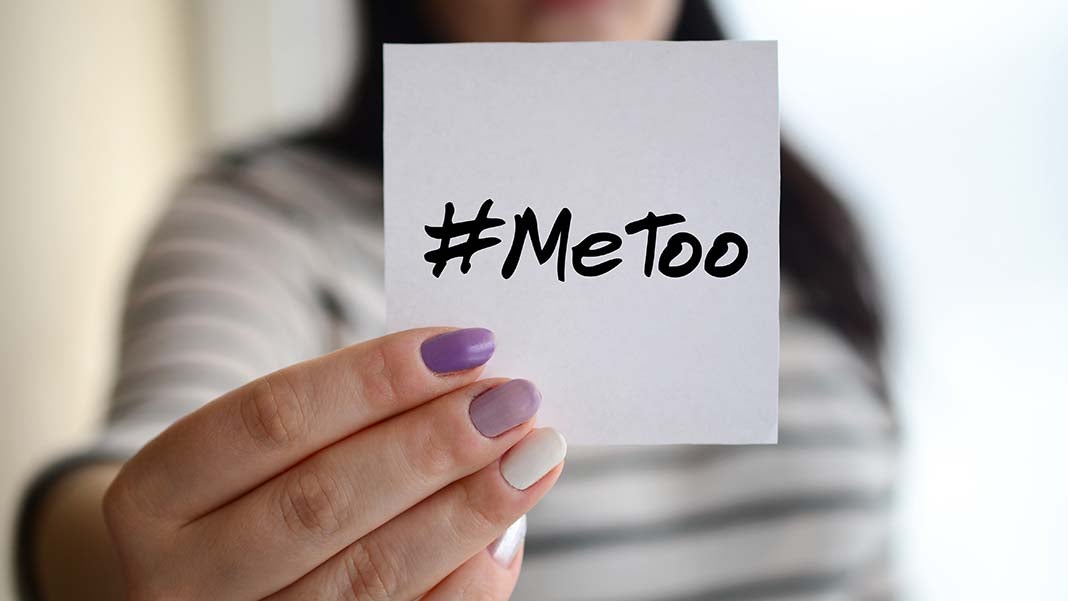
As the #MeToo movement sweeps the nation, and more people in positions of power are accused of sexual harassment or worse, businesses have had to sit up and take notice. Clearly, there are reputation risks for prominent companies whose executives or managers are singled out as harassers. But just because your business is small, it doesn’t mean you’re immune from the fallout of the #MeToo movement. In fact, you may be even more vulnerable.
When an owner or manager of a small business is accused of sexual harassment, it can have a definite impact on the reputation of the business. Any publicity surrounding such an accusation might drive away customers or clients, causing financial harm to the company. But a small business whose employee is faced with such an accusation may also be at great legal risk. The company may incur enormous legal fees or damage awards, which could all but bankrupt the business.
What can you do to protect your small business from a #MeToo controversy? Here are a few suggestions:
Write Clear Policies
Even in a small business, it makes good sense to have clear, written policies surrounding sexual harassment. You want to define acceptable and unacceptable behavior in fairly explicit terms, but you also want to leave room for the unexpected by incorporating language that suggests other inclusive behavior. Some companies prohibit workplace relationships completely. While this can be quite restrictive, it does reduce legal risk for the company.
Institute Sexual Harassment Training
Most companies find it worth the expense to conduct some sort of sexual harassment training at least annually. Hiring an outside consultant to come in and talk to employees and managers may be the most effective method of getting the message across.
A number of very effective online courses also exist, which give employees the flexibility to learn about sexual harassment as their time permits. Online courses often involve test questions employees must answer, as well as certification that the course has been 100 percent completed. For a few such options, check out SexualHarassmentTraining.com or ComplianceTrainingGroup.com.
Keep Open Doors of Communication
Not all office relationships are necessarily bad. Plenty of employees have met on the job and work fine side-by-side. But whether or not you allow relationships to happen in your workplace, it’s important that employees know where to go or who to talk with if they have questions about gray areas in the company’s policy or if they believe harassment has occurred.
Any allegation of sexual harassment should be taken seriously. The charge should be fully and immediately investigated, and consequences should be enforced. This may involve consulting with either in-house or outside legal counsel to ensure that you’re following the letter of the law. The survival of your business may depend on it.
For more information on sexual harassment in the workplace, see the Society for Human Resource Management website.












